As another semester draws to a close and winter break looms, now is the perfect time to make a plan for independent work over break. The flexibility of break can give you the freedom to work on your own schedule, but it can also be challenging to keep making progress without the external structure of the semester. Here are a few things that I’m doing before leaving campus to help set me up for thesis writing over the break:
Continue reading 6 Tips to Prepare for Independent Work Over BreakBeing in the Archive: Navigating the Space and Etiquette
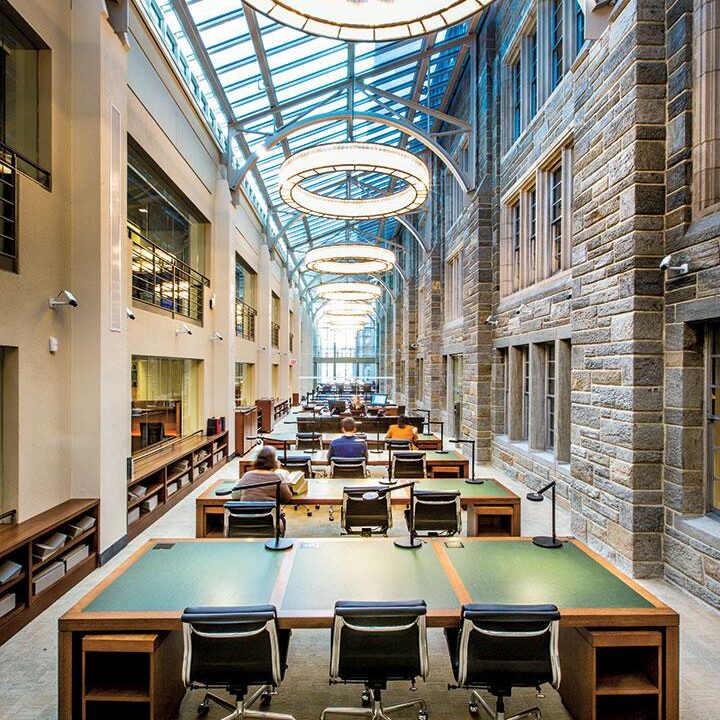
In the first article of this archival tour, I talked about the process of identifying the proper archives to further your research. But what happens next, once you have the archive, the collection, or the item you want? How do you proceed from there? For the purposes of this article, I will assume you are physically at the archive because we already have some great articles about requesting items from archives that you cannot physically be in. Here, then, I’ll talk about navigating the spaces of the archive and their uses, as well as some facts about archive etiquette.
Instead of dallying around, let’s jump back into the archive!
Continue reading Being in the Archive: Navigating the Space and EtiquetteLost in the Archive? Here’s How to Find Your Way!
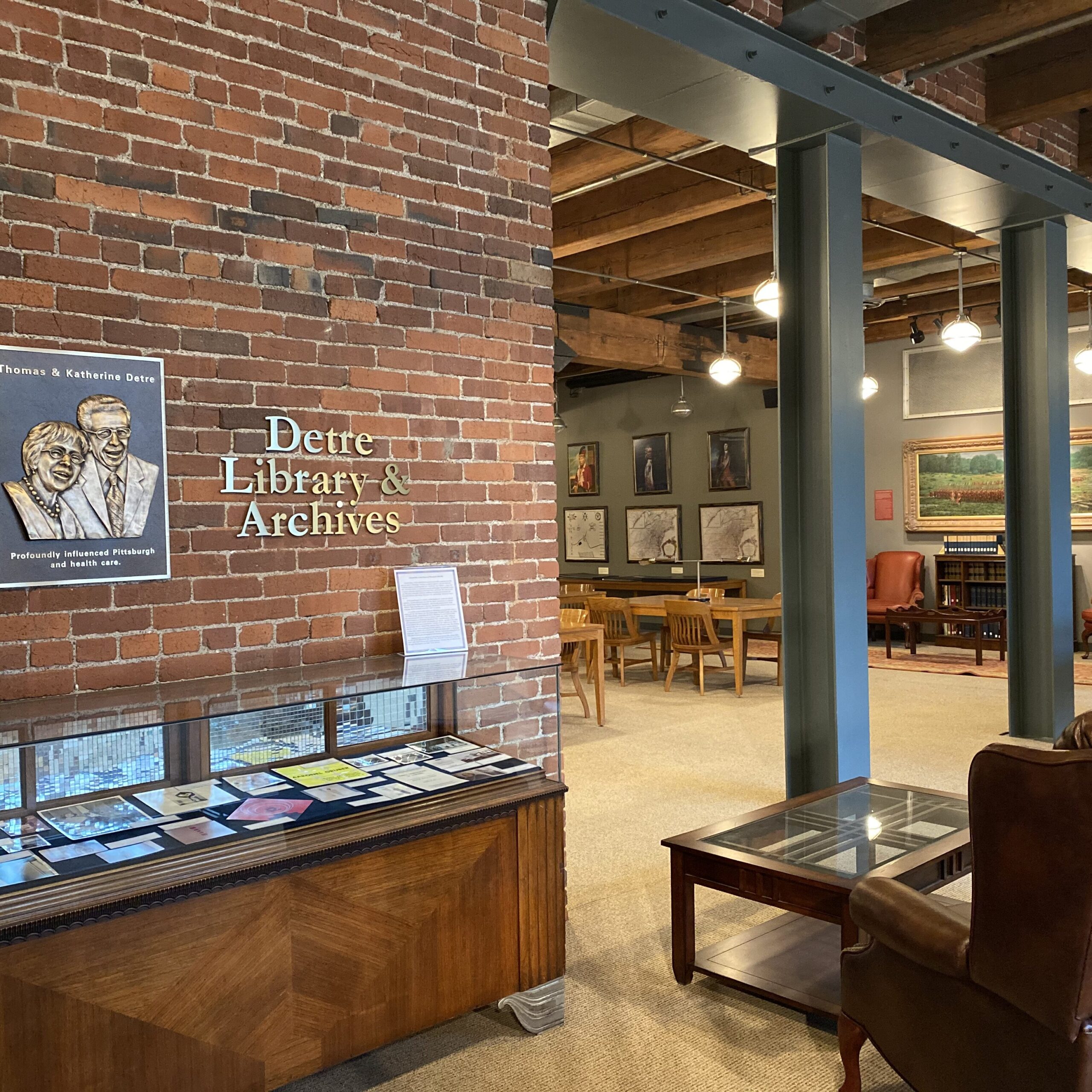
Fall break – a time for rest and relaxation. While I certainly used the time to collect myself after the whirlwind of a more normal semester, I also had to make progress on my junior paper for the History department ahead of its first draft in November. Exploring a consumer’s perspective on post-war nylon riots (1945-46), I had toiled through various online newspaper archives to rack up an impressive number of sources; however, something was missing. I felt like I wasn’t going deep enough. I wanted to find someone’s thoughts on the riot outside of the newspaper databases I had used, which I knew would be a challenging (if not impossible) process that could only be achieved by looking at the archive.
An important tool in the historian’s kit is the archive, which is a trove of various historical documents, materials, and items that can transport you to another time. Given that the archive is a physical location, the pandemic had interrupted much of the on-the-ground work historians do in libraries across the country, much of which was overcome through technology. Thankfully, I was able to access wonderful archives in-person in my hometown of Pittsburgh, PA: the University of Pittsburgh Archives and Special Collections as well as the Senator John H. Heinz History Center Detre Library and Archives. Covering a vast array of local and regional history, I was set on taking advantage of these archives’ resources to further my research.
I wanted to use this space, then, to share a bit about (in-person) archival research and what I learned. Regardless of your academic studies or research, archives offer a window into the past that could helpfully contextualize your topic, explore an unknown tangent that can offer up a new perspective, or even just lose yourself in the archive looking at random things. In this article, I will specifically cover the process of identifying an archive and then finding items within that archive.
Continue reading Lost in the Archive? Here’s How to Find Your Way!How to Get Involved with Lab-Based Research at Princeton
As a first-year B.S.E student with little to no previous research experience, the idea of writing an eighty-page senior thesis based on my own lab-based research seemed like an extremely daunting task. Now, into the first semester of my junior year, the thought of having to write a thesis next year still seems like a challenge, although a lot less intimidating than two years ago. The main reason for this is because I have participated in multiple research-based summer internships through Princeton, which have helped me feel better prepared to do lab-based junior independent work and a senior thesis in the coming semesters.
You may also be wondering how early you can get involved with lab-based research at Princeton. Although there is certainly no pressure to do research as a first-year or sophomore if you do not want to, Princeton does make sure that opportunities are available for those who do want to be involved early. Here’s a timeline of some of the different lab-based opportunities available, and when you can start getting involved.
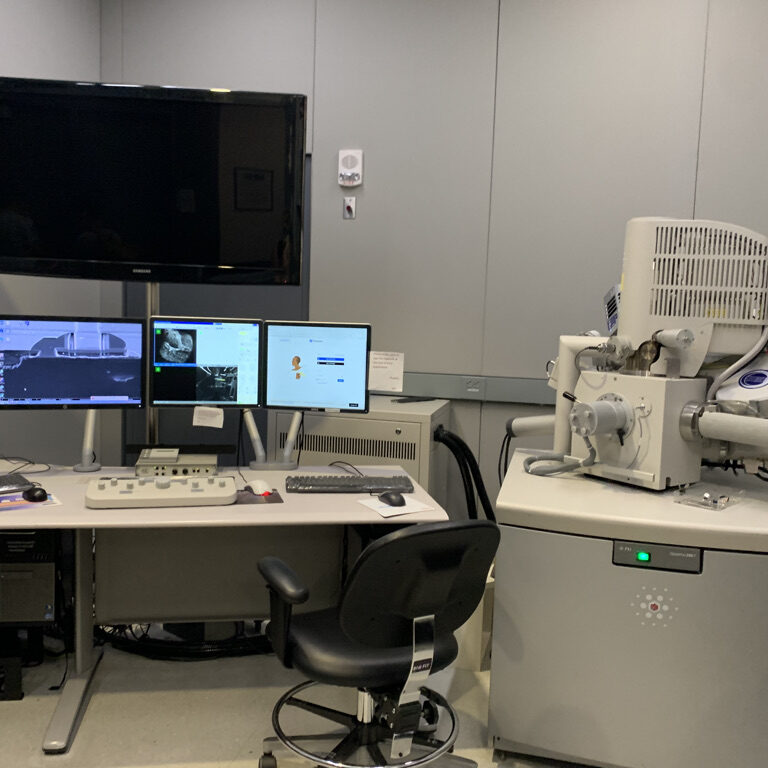
Five Tips for a Regret-Free Thesis Summer
I remember feeling blindsided by thesis talk my junior spring. I was in the middle of my second JP—I didn’t have a topic, an adviser, or any idea where to start. But I knew I needed to start my research in the summer before senior year. If I had learned anything from my JPs, it was that I would need all the time I could get to complete a research project of this scale.
Juniors: whether you’ve already applied for thesis funding or haven’t yet thought about your thesis at all, now is the time to make a summer thesis plan. Remember: every hour you invest over the summer is an hour saved during the semester, when you’ll be back to balancing coursework, job/grad school applications, and extracurricular obligations.

As I prepare to submit my thesis this month, I’ve thought back to my own junior spring and collected five things I wish I’d known before my thesis summer:
Continue reading Five Tips for a Regret-Free Thesis SummerPreparing for your Senior Thesis Before your Senior Year: Tips on Funding your Research
My most recent post focused on gearing up towards your senior year and finding a thesis adviser. I decided to continue this mini “preparing for your senior thesis” series by providing some tips on funding your research! The infamous senior thesis is such a daunting thing to think about as a junior because it is not always clear how early you should begin to plan for it and what steps you should take. At the beginning of the year, I attended an information session through the Woodrow Wilson School regarding thesis research funding. During that meeting, the speakers told students that they should start working on applications for funding as soon as possible if they wanted to receive money for their endeavors.

Thesis Immersion and the Benefits of Freewriting
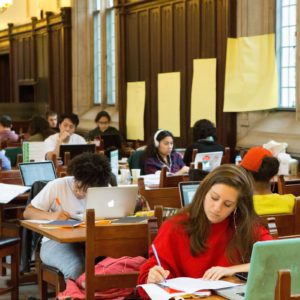
Working on my thesis over intercession, I found myself thinking about language. As anyone who has studied a foreign language likely knows, there are few substitutes for immersion. If we really want to learn a new tongue, be it French or German or Turkish or Spanish, we should spend as much time and mental energy as possible thinking about it. In this post, I suggest that there’s a transferrable lesson for thesis writers here.
Continue reading Thesis Immersion and the Benefits of FreewritingPost Princeton Life: Interview with Isabelle Laurenzi ’15
For this year’s Spring Seasonal Series, entitled Post-Princeton Life: The Experiences of PCUR Alumni, each correspondent has selected a PCUR alum to interview about what they have been up to. We hope that these interviews will provide helpful insight into the many different paths Princeton students take after graduation. Here, Raya shares her interview.
~~~
Teaching, travel, Congress, the Writing Center, political theory, Yale! Former PCUR chief correspondent Isabelle Laurenzi graduated from Princeton in 2015 with a degree in Religion. She has since gone on to pursue an array of adventures and projects. Most recently, Isabelle completed her first year of a Ph.D. program at Yale in political theory. For our seasonal spring series, I caught up with Isabelle to learn more about her time at Princeton and explorations after. In our conversation, Isabelle and I connected over our shared interest in interdisciplinary studies and the joy of pursuing one’s interests through varied avenues.
Continue reading Post Princeton Life: Interview with Isabelle Laurenzi ’15
De-Mystifying the Black Box Part 2: Research Abroad and Narrowing Everything Down
I went to Paris! Not just for fun—although it’s a dope city—but to get some thesis research done to narrow down a topic. In the first part of this series, I mentioned how I submitted an application for funding to research advertisements in museum archives and libraries in Paris. My goal was to narrow down the initial research question I had at the very beginning of my research process: how Public Service Announcements (PSAs) subvert the capitalist practices within traditional commercial advertising. My goal was to see the advertisements that inspired the French theorists I’ll be drawing from in my thesis. But, alas, there was one problem—when faced with an entire archive of advertisements, where do I even begin??
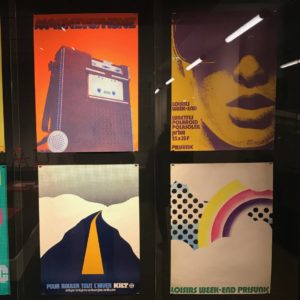
I spent most of my time at the Bibliothèque Forney, a library specializing in design and the decorative arts. I emailed ahead of time to speak with one of the librarians, who wanted to get a sense of my argument and which advertisements he could direct me into researching according to my response. After explaining my general thesis topic and the research I had done in my previous two JPs (pro-tip: explaining a thesis topic in a foreign language is a good marker for how well you understand it—or rather how much you don’t), he responded bluntly: “You really need to narrow this down.” My face fell. That’s exactly what I was trying to do, the very reason I was in that library. I didn’t have a corpus of ads, which is what I was in search for in Paris. I had kind of hoped to look at a vast layout of ads and just be naturally drawn to an era, a medium, a theme, or product, but I quickly realized it was far too unrealistic to be able to survey three hundred years of French advertisements and just hope that a few of them would speak to me so I could write eighty pages about them. The librarian asked me how much time I had to write my thesis, suggesting one to two years, and I chuckled, slightly panicked, and said “six months.”
Continue reading De-Mystifying the Black Box Part 2: Research Abroad and Narrowing Everything Down
How to Get to Know Your Department
Every department offers wonderful opportunities. For instance, departments offer seminars, special lectures, opportunities for internships or grants, study abroad programs, amongst other things. But to take advantage of these opportunities, it is important to know your department well. As a sophomore, one of the biggest challenges for me this year has been familiarizing myself with my own department, chemical and biological engineering (CBE).
In this post, I will provide some tips on how to get to know your department by describing how I engaged with CBE.


